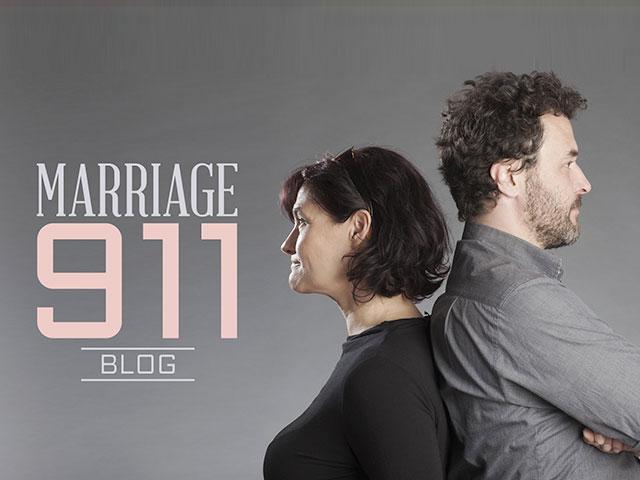The Trouble with "Trauma Bonding"

“I don’t know why I keep going back to him,” Teri said to me recently, referencing her boyfriend, in a counseling session.
“He’s emotionally abusive, mean and passive-aggressive,” she continued, her sadness written all over her face. Teri was a 25-year-old woman who had been dating her boyfriend, Jack for the past year.
“Tell me about your relationship to him,” I asked, seeking to understand why she might date a man whom she described as emotionally abusive.
“It’s not like he’s always that way,” she said, beginning to back down from her strong, painful position. “He can be very kind, loving and tender. Then, almost without warning, he gets angry and hateful. I don’t understand it.”
As I listened to her story, I commented that it was one I’d heard many times before. If someone were mean-spirited consistently, it is likely that Teri would walk away from the relationship. But, it is the juxtaposition of the differing moods and behavior that create a phenomenon known as “trauma bonding,” making it hard to walk away.
“It is likely that Jack has character issues,” I said to Teri solemnly. “I don’t know exactly what sets him off or why he acts the way he does. That will take depth counseling to determine. But, in the meantime, it is important that you understand you may be experiencing symptoms of ‘trauma bonding’. It is important that you understand the dangers of abuse and that you set healthy and firm boundaries against it.”
“What is it?” she asked.
I laid out for her the little that is known about this phenomenon. We discussed information that is known that would help her determine if, indeed, this was a part of what was happening in her relationship.
Trauma bonding occurs in a relationship where there is an imbalance of power.
Relationships must have a sense of equality to be healthy. There must be mutual respect and caring. It is critical that you feel able to turn to your mate and share concerns that are on your heart, believing your mate is there to help and understand you. If you feel a sense of inequality, filled with fear and intimidation, you cannot grow and experience a healthy connection to your mate.
Trauma bonding occurs when there is alternating caring with abusive actions.
It is this alternating cycle that creates an unhealthy connection to your mate. Your relationship is in trouble if you feel safe at times and at other times unsafe. It is the mix of these two qualities that set the stage for an unhealthy relationship. You should never feel unsafe.
Trauma bonding occurs in relationships where both partners often minimize the abuse.
Emotional and physical abuse continue in relationships where one or both partners deny its existence. One or both become numb to the trauma, setting the stage for it to continue. While denial allows both partners to cope with the trauma, it masks the problems and creates an illusion of safety and health. You deny the harmful impact of the abuse and trauma on your life.
Trauma bonding is NOT a part of God’s plan for our lives.
God hates violence, in any form! “The Lord examines the righteous, but the wicked and those who love violence his soul hates” (Psalm 11:5). It is critical that we acknowledge that we were not created to tolerate violence in any form—physical, verbal or spiritual.
Recovery from trauma bonding is possible.
Recovery occurs when we come out of denial. We honor what we are feeling, what we know and what we sense to be true. We recover our God-given ability to be wise and trust the changes we know need to take place to bring health and healing back into the relationship, if that is possible.
Share your feedback or send a confidential note to me at therelationshipdoctor@gmail.com and read more about The Marriage Recovery Center on my website www.marriagerecoverycenter.com and yourrelationshipdoctor.com. You’ll find videos and podcasts on saving a troubled marriage, codependency and affair-proofing your marriage.
